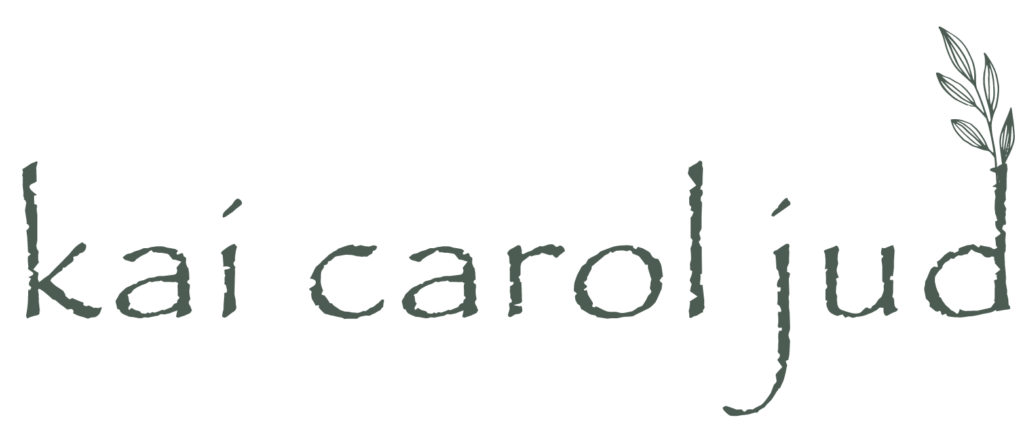I hear a lot of talk about ancestors. The native American tradition focuses much attention on those who have come before. My understanding is that a sense of continuity and support comes with a worldview that says when a family member dies, they continue to be available for guidance and wisdom.
I love this idea, but there is little in my family that supports such an idea. My father was raised in a small rural Texas town. He was one of nine living children, and his mother gave birth to twins and two other children who died in infancy. He was a minister’s kid, and although his father wasn’t a scholar, he supported his children in their learning. My father graduated from Baylor University and went to Chicago University for his master’s and then to Yale for his Ph.D. He settled in Connecticut, married my mother, and was minister of the West Haven Congregational Church for the next seventeen years.
Although he sent money home to his widowed mother monthly, little connected me to these relatives, except a yearly visit to Texas, of which I have little memory, save the barbecued ribs and Dr. Pepper. I understood these relatives were family, although they had little to do with my life.
My mother’s parents were Midwesterners. My grandfather was a retired railroad engineer who was very handsome with a wild head of white hair but also quiet and just a little scary. My grandmother looked old when she married my grandfather in her twenties and looked the same when she died at 100. She was not warm and fuzzy. She took care of business, and that was that.
So, my experience with family did not provide a deep sense of connection. I was barely connected when these people were alive, so the idea that they would be there for me when they had passed on did not seem a likely outcome.
My mother died more than sixty years ago. I hardly remember her. I can tell stories about old photos, but I have little physical sense of what her presence felt like. Four years ago, my father died at almost a hundred years old. In the ten years before he died, he often announced that after taking his last breath, he would be gone, and we were not to expect any communication from him. And as far as I know, there has been none. My brother died in 2006. I often feel connected to him when I hear his voice coming from the music on my computer from one of the CDs he had gifted the family with over many Christmas holidays. When I listen to him singing, he is fully present, as if he were in the room and still in his corporeal body. I miss my little brother, but I am not sure he feels like an ancestor.
And then there is Chris, my beloved. Could you be an ancestor? I don’t think so. You are so entwined in my very much alive body, part of every cell, and entangled in my thoughts. You used to say there was no place to go, and I now understand. You were a part of me before we were born, when we shared this beautiful earth plane, and when you left into the evermore. How can you be an ancestor when you are me?
Still, I like the idea that I am surrounded by energies guiding and walking with me on this mysterious journey we call life. I started to think of all the beloveds that Chris and I met and re-met on our road journey. Most of these beloveds are still very much alive, but it is unlikely that I will ever see them again. They are spread throughout this country, in Europe and South America. I hear the voices of these people as I walk through my life. They remind me of times of ecstasy and grief, times of learning, being connected to Mother Earth, and deep connection and belonging. These are my ancestors. They may still be breathing, but we are connected, and they walk with me. There is no place to go.

